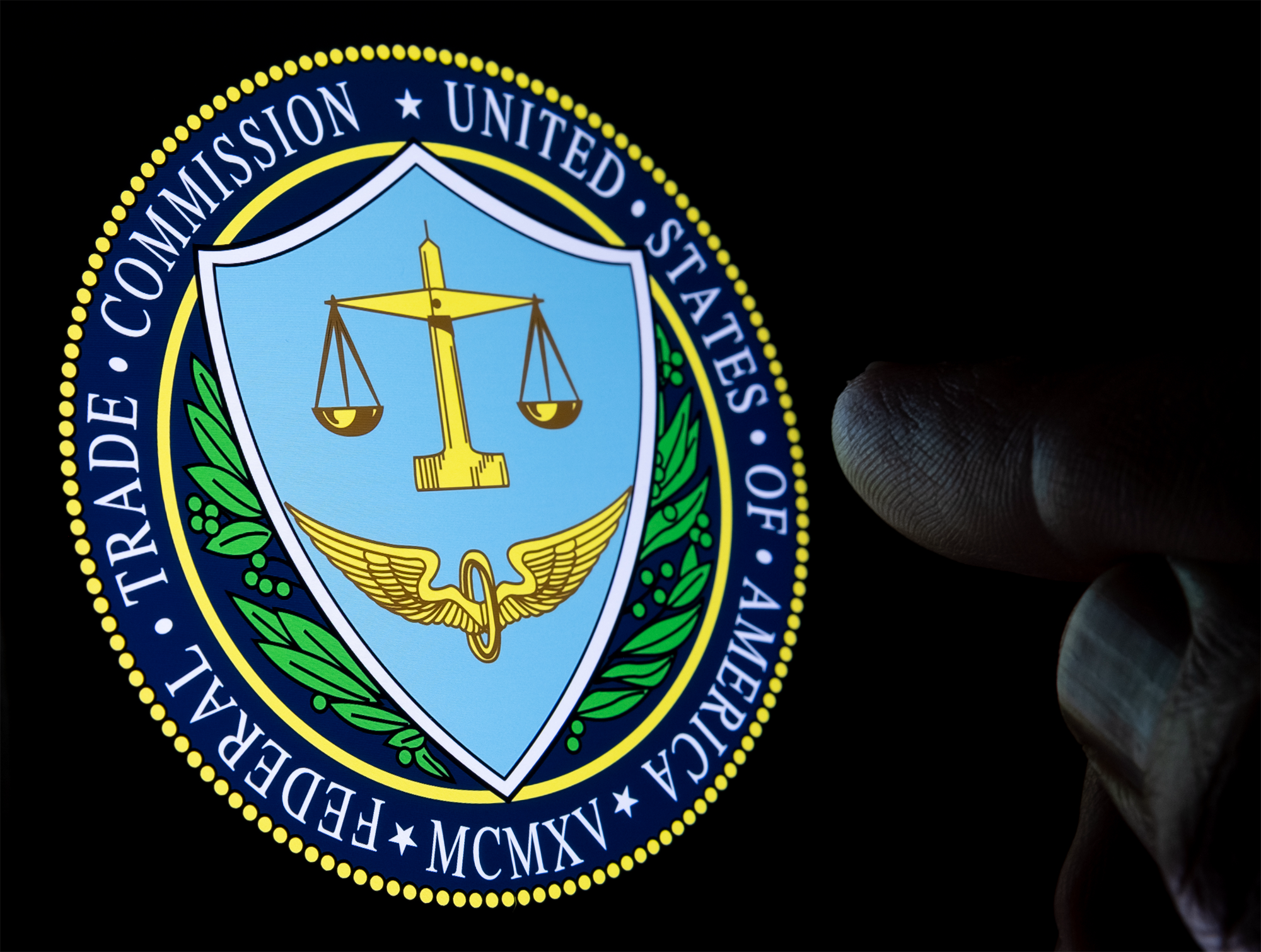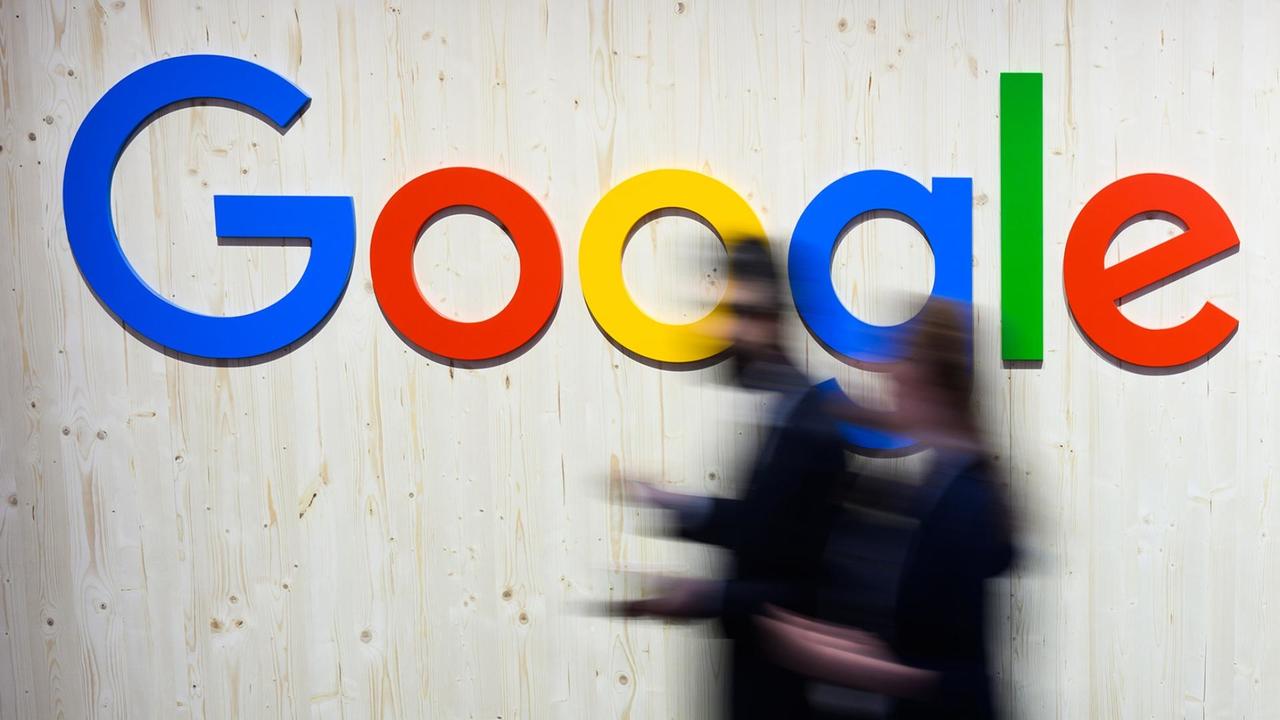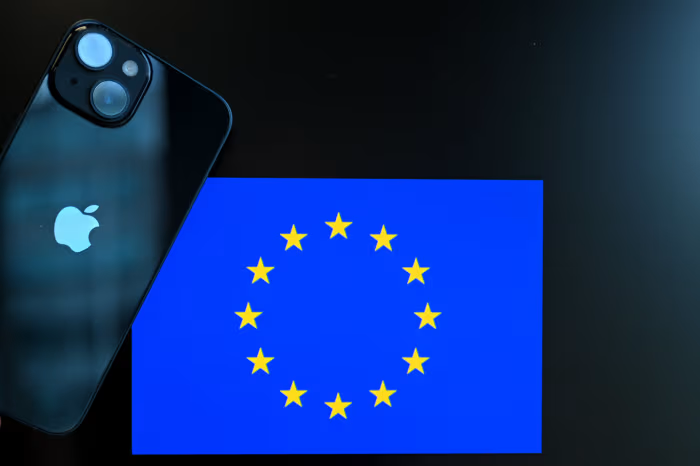
FTC Highlights Lack of User Control Over Data Used by AI on Social Media
Government & Policy
Zaker Adham
20 September 2024
07 August 2024
|
Zaker Adham
Summary
Summary
In a historic decision, a federal judge has ruled that Google's search business constitutes an illegal monopoly, marking a significant victory for the Biden administration's efforts to regulate Big Tech. This ruling could lead to substantial changes in the internet landscape and signals that no company is beyond regulation.

US District Judge Amit Mehta declared that "Google is a monopolist, and it has acted as one to maintain its monopoly." The ruling highlighted Google's contracts with companies like Apple to make Google the default search engine on their devices. Currently, Google holds nearly 90% of the overall search market and almost 95% on mobile devices.
Google plans to appeal the ruling, arguing that it makes it harder for consumers to access their preferred search engine. The appeals process could take years, and specific penalties against Google will be decided in a hearing scheduled for September.
While many consumers prefer Google, the ruling could open the door for competitors to develop better products, potentially offering more search options for users.
"If the door is locked, you can’t get consumers," said Fiona Scott Morton, a professor at Yale School of Management. "The door isn’t locked anymore. The door is open to a whole industry of innovators who have good ideas, and then we would see a change in competition going forward."
Implications for Google, the Internet, and Consumers
The case, initially brought under the Trump administration, has far-reaching implications. Judge Mehta will need to balance penalizing Google while minimizing negative impacts on consumers. One possible remedy could be forcing Google to exit contracts with device makers to offer Google as the default search engine. However, device makers might still choose Google as their default.
"Apple will just end up doing what it’s already doing," said Herbert Hovenkamp, an antitrust scholar at the University of Pennsylvania Carey Law School. "And that may be true for a lot of device makers."
If a better search engine emerges, device makers won't have to stick with Google, potentially spurring innovation and benefiting consumers.
Scott Morton noted that Google's dominance is partly due to its large user base, which provides valuable data and revenue. Breaking this cycle could lead to exciting new developments in search technology.
Impact on Other Big Tech Companies
The ruling could also influence how other Big Tech companies operate. It signals that dominant products must ensure their licensing and contract agreements are open, as exclusivity can be risky.
The Google ruling might serve as a template for future antitrust cases, but each case is unique. The Biden administration has several ongoing cases against other tech giants, including Apple, Meta, and Amazon.
Scott Morton emphasized that while the Google case may not set a direct precedent, it represents a shift in how tech companies can expect to be regulated.
"What is different is a change in the temperature," she said. "These firms are not too big. We have applied the law to them, and we have found that — even though they’re American, even though they’re innovative and spend money on R&D, even though they have executives who look good in the suit — they can still be found liable."

Government & Policy
Zaker Adham
20 September 2024

Government & Policy
Zaker Adham
10 September 2024

Government & Policy
Zaker Adham
03 September 2024

Government & Policy
Paikan Begzad
19 August 2024